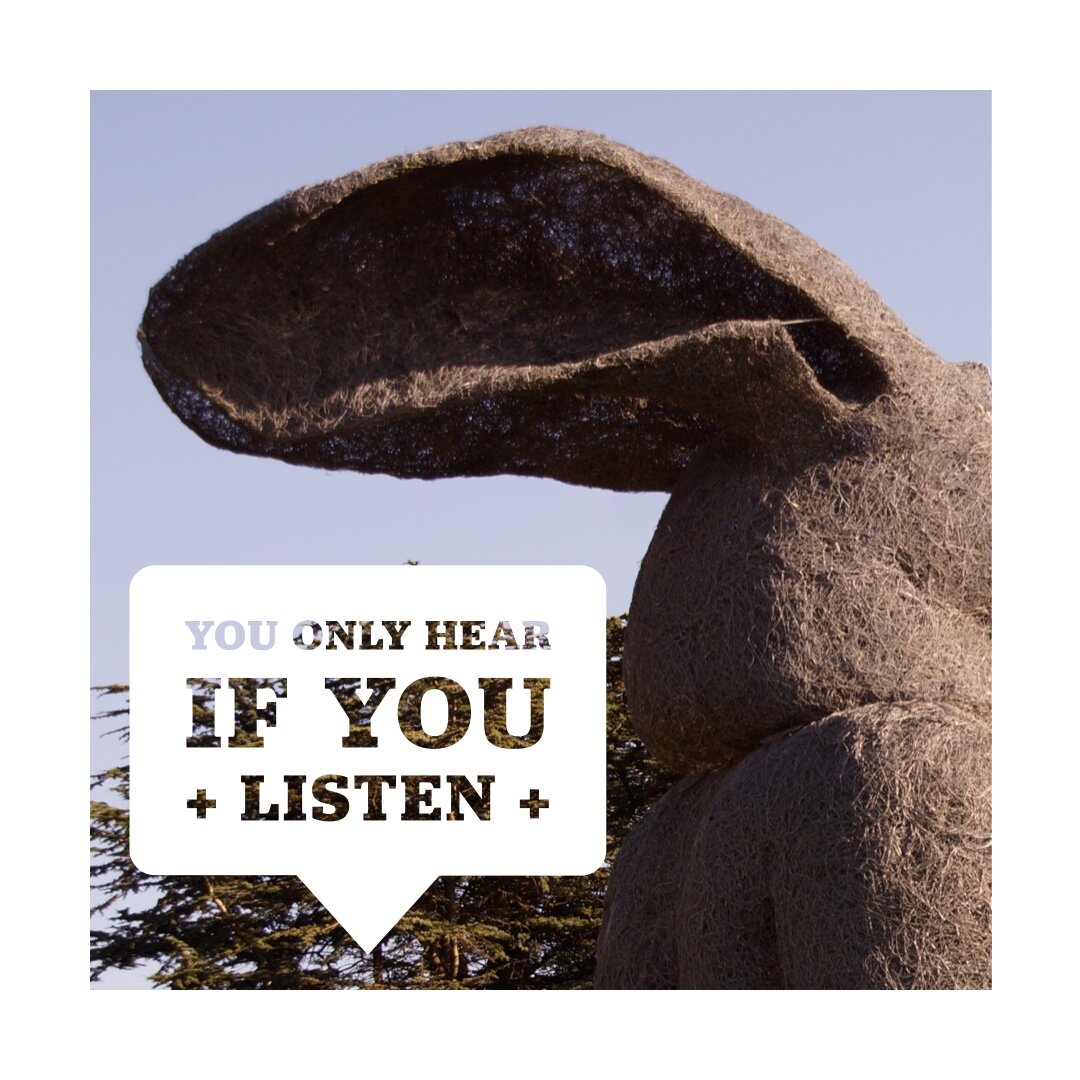How are you?
I know you want to auto-reply ‘Fine’ but what even is fine? When you think about it, fine is pretty non-descript. Nine times out of ten we’re not in any way ‘fine’ or ‘FINE.’ We might be full of the joys of spring, in a pit of despair, mildly or incredibly frustrated or just plain tired! Maybe sad, content, hopeful or overwhelmed but are we really ever just ‘fine.’
Somewhere along the lines, we’ve been taught to simplify ourselves perhaps in order to save time. Perhaps it developed during the advent of the industrial revolution (I’m thinking aloud here). What time was there for welfare and niceties when there was business to be done? Anyhoo, wherever it started it’s stuck, to the point where it’s become a reflex response and that means we don’t ever really know what’s going on for someone… people don’t have the time for a real answer, do they?
As askers and askees we need to unlearn this autopilot chat. The first step is recognising when we’re doing it. Enter the ‘askers.’
If you really want to know how someone is: ask twice.
ME: Hey, how are you?
YOU: Fine thanks
ME: Haven’t seen you for a while, how are you really?
YOU: Well actually…
Let’s just caveat this for a minute - don’t ask if you’ve no intention of listening. Inviting someone to be real and then not actively listening to their answer can do more damage than good.
Imagine you’ve just opened up a little, you’re most likely feeling pretty vulnerable in this moment but oh, so and so’s looking over your shoulder, maybe chancing a glance at their notifications, your inner monologue is firing on full cylinders now…
“God what was I thinking, they don’t want to listen to me drone on, I’m such an idiot, they must think I’m so pathetic, why am I such a burden, I should just keep this all to myself, no one has time for my silly worries” etc etc.
Do you think you’ll open up to them again?
What about when you do really need help?
For a while now the emphasis has been placed on those who need support to speak up. It’s now accepted more widely that ‘it’s ok to say.’ This is important and was needed. We are learning how detrimental holding pain in, bottling it up, and rigorously maintaining that stiff upper lip can be for our mental health. This is progress.
However…
It’s now time to listen
We need to learn to listen in. Focus on what’s being said. Tune in.
Put aside distractions: physical and mental. Hear people’s pain, allow them to be heard.
It’s called active listening.
Listening with our ears, our eyes and our hearts.
I call this: Listen out Loud.
LOL, if you will.
Talking is good; LISTENING is better. Let’s create balance.
SHARING + HEARING
This is how we will all heal.


